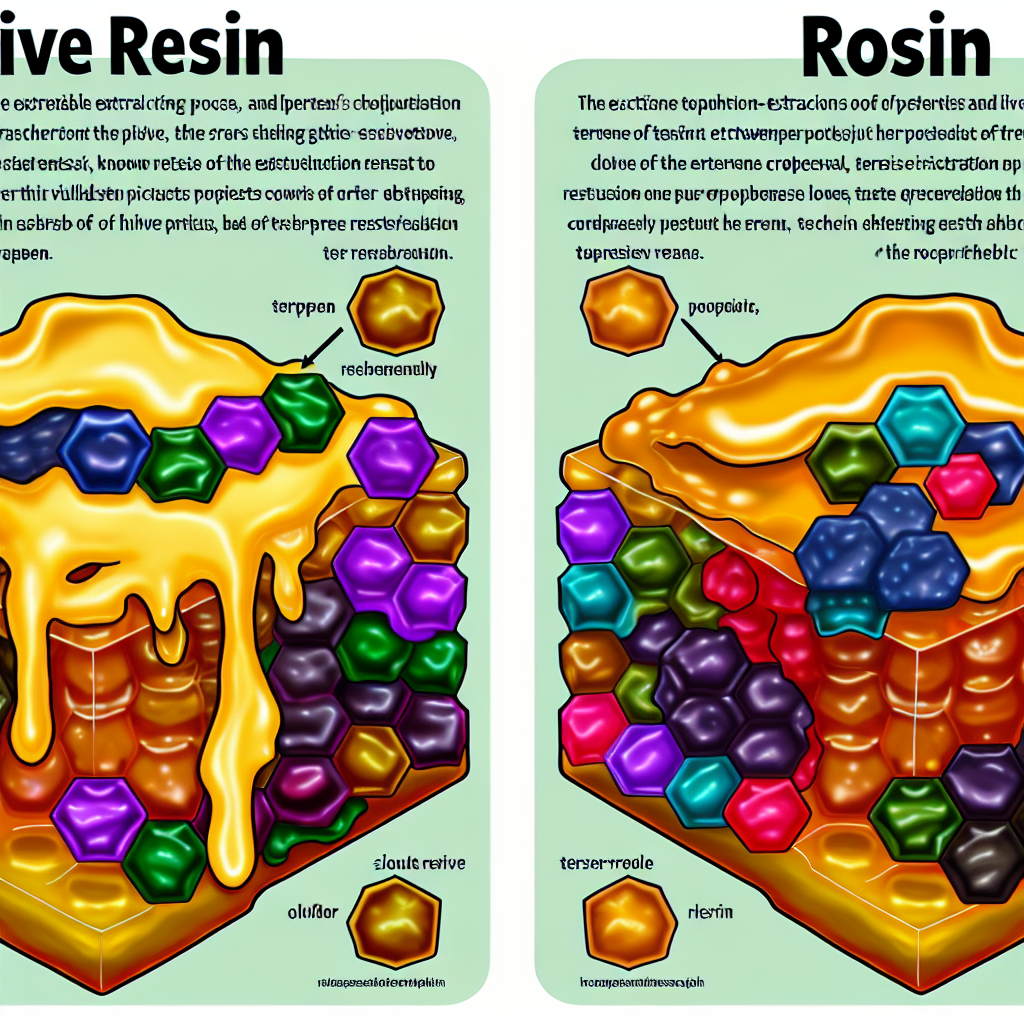Motivational interviewing (MI) is a therapy that helps people who aren’t sure if they want to change or not figure out how to do it. This method is client-centered and doesn’t judge. It focuses on the person’s desire to change.
Successful Outcomes
MI can help people who are hooked on weed in several ways. People can use it to:
Find out what makes them want to change: MI can help people figure out why they want to stop using marijuana. This might help get them to want to make changes.
Make a plan to stop: MI can help people make a plan to stop with weed. Part of this plan could be making goals, figuring out triggers, and developing ways to deal with them.
Always want to change: MI can help people always want to change, even when things get complicated. For them, it can also help when things go wrong.
MI is a way of working together that values the person’s independence. This way of thinking doesn’t tell people what to do. Instead, it helps people determine what drives them and how they want to change.
MI has been shown to help people with many kinds of habits, including pot addiction. An experiment in the magazine “Addiction” discovered that MI could help people cut down on their pot use and make their lives better.
MI might help if you or someone you know is having trouble with marijuana abuse. It would be best to look for a therapist trained in MI who can help you determine why you want to change and make your own choices.
Essential Guidelines
These are some of the most essential MI rules:
MI professionals try to see things from the other person’s point of view and understand their point of view.
Rolling with resistance: People who use MI don’t argue with the person or try to change them.
Instead, they try to figure out why the person doesn’t want to change and help them overcome those reasons.
MI professionals help people believe they can change, boosting their self-efficacy.
Promoting autonomy: people who work in MI value the person’s right to choose for themselves how to change.
Information about MI can be found online and in bookstores if you want to learn more.
You can also get a list of MI professionals in your area by calling the mental health group in your area.




